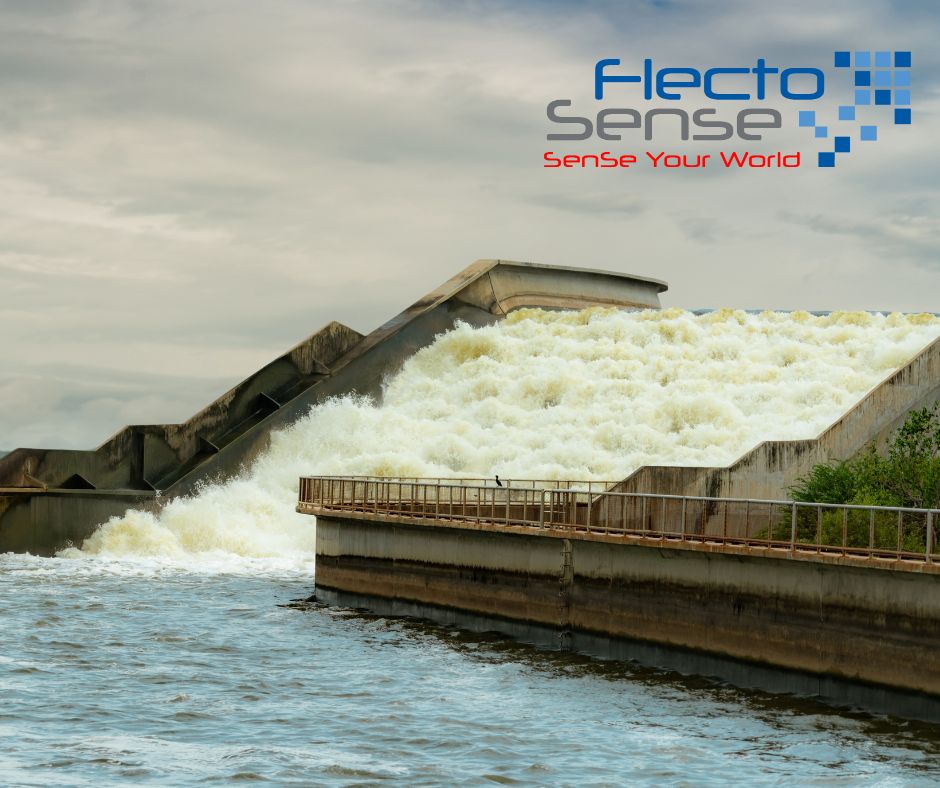Water is a resource that is essential to our daily lives. It's necessary for drinking, cooking and bathing. In fact, the average person uses up to 300 liters of water per day! But as climate change and population growth continue to increase exponentially, water supply becomes more of an issue. This makes managing your water usage even more important than ever before!
We are on the verge of a water shortage.
It's no secret that we are in the midst of a global water crisis. With the world population growing and climate change causing droughts and floods, we are facing an imminent shortage of this precious resource. The United Nations predicts that by 2025 there will be 1 billion people without access to clean water and that number could double by 2050 if nothing changes today.
Water shortages affect more than just those who live in developing countries: In America alone, 40 percent of all households have experienced some type of water problem (such as low pressure) at least once during the last year.
Water is a resource that cannot be replenished easily.
It takes time and energy to recycle, which means that we need to use water efficiently and responsibly.
Water plays an important role in our everyday lives and also helps plants grow by providing them with nutrients through rainfall or irrigation systems such as sprinklers on lawns or gardens.
Climate change and population growth are two major factors that have led to the rise in water consumption.
As the world's population increases, so does its demand for water. As you can see, these two major factors have led to an exponential rise in global water consumption over the last century. Other factors include agricultural and industrial growth and they all contribute to a growing need for freshwater resources around the globe.
Climate change is a global problem because every country on Earth has been affected by rising temperatures and extreme weather events caused by it over time. These changes cause problems like drought, floods, wildfires and more, all of which require more water than usual to combat them (and clean up after them).
Managing water usage can help you save money.
The importance of managing your water usage cannot be overstated. Water consumption is a hidden cost that can add up quickly, but it's not always visible.
Water meters allow you to know exactly how much water you're using and what times of day or night it's being used. This allows for better management of your household budget and helps prevent unnecessary expenses from going unnoticed and sometimes unpaid!
How can you manage your water with a smart water meter
If you want to manage your water usage, a smart water meter can be a great tool. A smart water meter tracks and displays your daily water consumption in real time. This will help you understand how much water you're using, which makes it easier for you to cut back on waste.
If you have a smart meter installed, it will automatically send data about use of water into an app or website where it can be accessed by anyone who has access rights (such as family members). You'll be able to see when people have used the most amount of water during the day so that they know what times are best for taking showers or doing laundry.
By learning how to manage your water usage, you will do good for your home and the environment.
Conserving water is important because it helps reduce pollution and saves money. By using less water, you can save money on utility bills and reduce energy consumption as well.
Smart water meters help make sure that you are using only as much water as necessary in your home or business, so they're a great way of keeping track of how much water flows through pipes in a given period of time. This way, if someone notices an increase in their monthly bill from month-to-month but isn't sure why or if they notice that their meter seems slow or fast compared with other meters on their street they'll know whether there's something wrong with their system before spending hundreds or thousands dollars trying to fix it themselves!
The world is facing a water crisis, and it's important to do what we can to help solve this problem. With that in mind, it's time for you to start thinking about how you can conserve more water!

